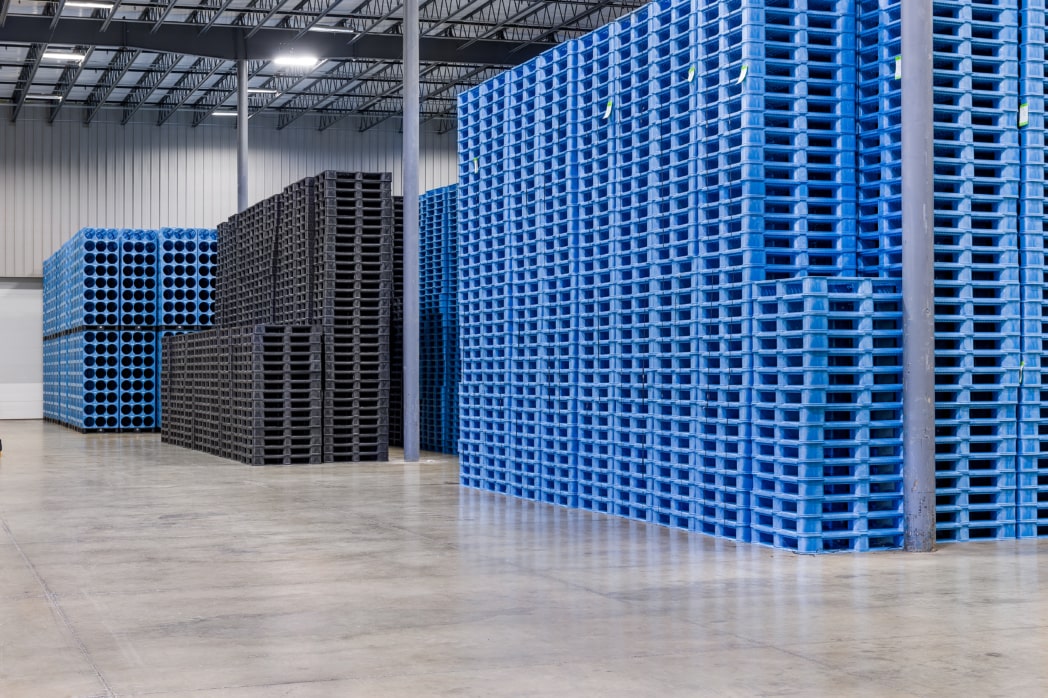Bottled water is an essential resource to have on hand. The U.S. Federal Emergency Management Agency (FEMA) recommends that all households maintain at least a three-day emergency water supply — approximately 1 gallon per person per day — for drinking, personal hygiene and cooking. FEMA also notes that bottled water is the safest and most reliable emergency supply of water.
Whether you buy in bulk or want to create an emergency supply, you can keep bottled water over the long term with proper storage.
Browse Our Water Rack Selection
How Long Does Bottled Water Last?
Unopened bottled water does not expire. When water is packaged in a sanitary, sealed plastic bottle and does not contain other substances associated with spoilage, such as proteins and sugar, it can be safely stored for extended periods.
The U.S. Food and Drug Administration (FDA) does not require a shelf life for bottled water, but it does require that companies comply with good manufacturing practices (GMPs), including regular testing to verify that the water is safe to drink.
If bottled water is stored in ideal conditions, it can last indefinitely. But improper storage can contaminate the water. If you notice that the water is clouded, has an odd smell or a strange taste, these could be signs of contamination.
How to Store Bottled Water
For safe, long-term storage of bottled water, follow these tips:
- Keep water bottles out of direct sunlight: If bottled water is exposed to direct sunlight for an extended period, mold or algae could develop. Storing your water in a cool, dark area ensures that the water stays as clean and fresh as possible.
- Keep water away from chemicals: Plastic bottles are slightly permeable, which means there is a small chance that vapors from household cleaners, gasoline and other chemicals could affect your bottled water. It is best to store bottled water away from any chemical products to avoid possible contamination.
- Label your bottles: The U.S. Centers for Disease Control and Prevention (CDC) recommends labeling your bottles with their purpose — such as drinking water — and storage date to avoid confusion or improper use.
- Use bottled water storage racks: Bottled storage racks allow you to effectively organize and secure bottled water to minimize the risk of contamination. Racks also make it easier to access and move large bottles of water.
Our Bottled Water Storage Solutions
At Polymer Solutions International Inc., we have numerous bottled water storage racks and accessories to meet your needs. Whether you are looking for a stackable tray rack for your 5-gallon bottles or a transportable bottle hammock for moving bottles around the office, we have the solutions you are looking for.
Browse Our Water Rack Selection
Whatever type of bottled water rack you choose, you can rest assured that we design our racks to provide maximum protection in tough conditions. We use injection-molded, high-density polyethylene to make our racks for durable, long-lasting results.
If you need options specifically tailored to your business requirements, we provide customized solutions to meet your needs. Contact us today to learn more about our bottled water storage racks and how to properly store bottled water.





